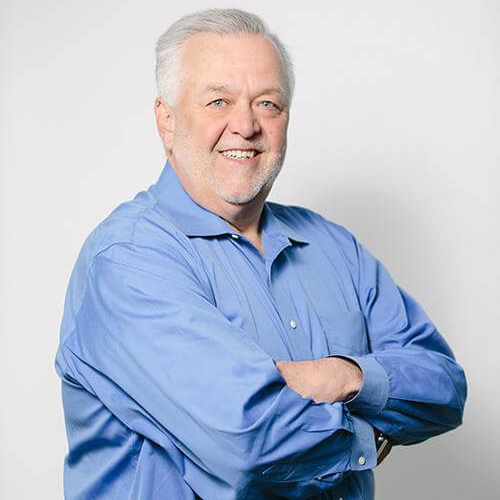Many trod through life because that is what they do. They go to work, they save and spend, and they keep in that motion until they either must stop working or decide that doing something else would be nice. Some are so good at what they do, that they couldn’t fathom how they would spend their 168 hours per week without the repetitiveness of their personal day to day routine.
After meeting many financially independent people over the past year who were still working, I’ve discovered that there are three primary reasons why people continue the grind after they need to. First is because they aren’t sure how they’d spend their time. Second is the cost of health insurance. And third is because they have no clue whether they have reached a point of financial independence or whether they still must continue to earn an income to support themselves.
As it relates to planning the rest of your life, start with the simple stuff and understand that if money was no object, how would you spend your time? You may have a wish list or fantasize a bit, but when you try on the thought of having a clean time slate and think about what’s most important to you if tomorrow was your last day – the picture changes. Keep the visions of Bora Bora – but accept that there may be other matters that you’d regret more than missing a trip to the South Pacific. Matters such as visiting grandkids or less extravagant trips that may include family may take on more significance and create lifetime memories for the entire family. An experienced life planner can assist with this.
Health insurance is such a major component of a retiree’s monthly cost of living that it does indeed scare many into a world of permanent work. For some, this may be true. But for many, it is just something else to worry about. Take control over your finances and see for yourself. Is health care going to bankrupt you in retirement? Prepare a financial forecast of your future with your normal health care costs factored in and then stress test that situation for extended or catastrophic illness. Hopefully, you’ll like what you learn. And if you don’t like the results – you at least know what you’ll have to do so that you can make the situation brighter.
Being aware of your level of financial independence is empowering. But as I’ve said before, power does not come from knowledge. Power comes from the implementation and utilization of that knowledge to understand or improve the situation. Being aware of how you need to adjust spending or cost of housing is the knowledge – but the power comes in making it happen.
John P. Napolitano CFP®, CPA, PFS, MST is Founder and Chairman of Napier Financial in Braintree, MA. Visit napierfinancial.com for more information. The opinions voiced in this material are for general information only and are not intended to provide specific advice or recommendations for any individual. Investment and financial planning advice offered through US Financial Advisors, a Registered Investment Advisor.

